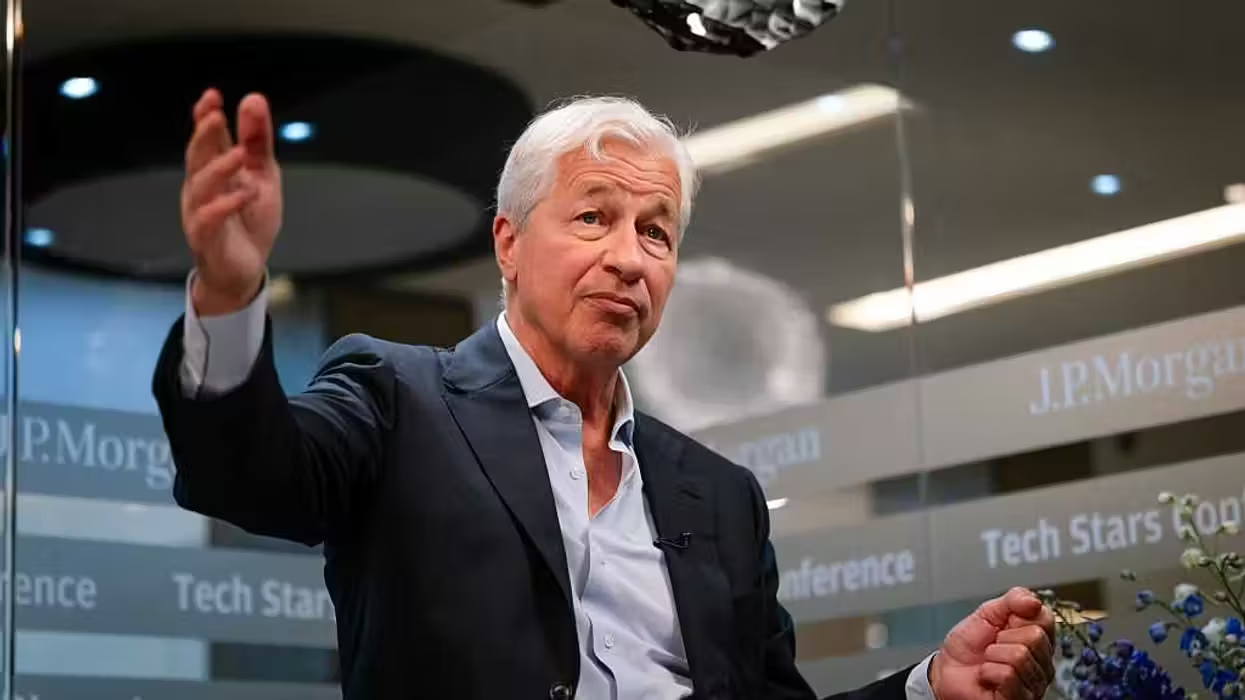This headline from CNN - "Joint Chiefs Chair: Chinese Hacking Not Necessarily a Hostile Act" - reads like it came from the Onion. But don't jump into your bunker yet - the reasoning behind this apparently blissfully naive statement by General Martin Dempsey is at least slightly plausible:
Gen. Martin Dempsey, the chairman of the Joint Chiefs of Staff, said he "believe(s) someone in China is hacking into our systems and stealing technology and intellectual property, which at this point is a crime."
But Dempsey said in testimony to the Senate Armed Services Committee that he cannot attribute the Chinese hacking to China's military, the People's Liberation Army (PLA).
Asked by Sen. Lindsey Graham, R-South Carolina, that if it could be proven that the PLA was behind a hacking of the defense infrastructure, whether it would it be considered a "hostile act," Dempsey said such wasn't necessarily the case.
Now, you can quibble over the semantics in this. A cyberattack on the United States' defenses might not come from the Chinese government itself - though one has to wonder how much privacy hackers enjoy, given China's notoriously censor-happy culture. Moreover, even if a private hacker was good enough to evade the Chinese government's own crop of cybersecurity experts and bypass our security, it's fairly obvious that the hacker in question would be able to sell his method for a very high price.
But let's say China did hack our systems. No, that doesn't mean they're planning on nuking us tomorrow, but it does raise questions. Why hack someone if you're not worried about hostilities breaking out in the future? China tries to pretend we're an economic ally - or at least a useful source of economic clout - but allies generally share information. They don't have to expropriate it through the back door. Something's wrong with this picture.
Of course, we probably want into China's security systems too, and for much the same reasons - we want to see whether they're really as friendly as all that. But think about something - who's more likely to initiate hostilities? Is it the autocratic, well-armed wannabe superpower with an ax to grind and money to burn or the country whose military is already embroiled in 3 (going on 4) wars and is $15 trillion in the hole? It doesn't take a military expert to answer that question.
To General Dempsey's credit, he sounds like he was trying to say as little as possible on the subject. Still, why say something that could so easily be misconstrued as blase acquiescence to the Chinese? And what was a topic like this doing in an on-the-record hearing to begin with? The Chairman of the Joint Chiefs isn't just going to spill classified information in front of CNN cameras. This entire exchange appears to have done nothing but added more fuel to the argument that the United States is either weak or oblivious at the level of international power.






